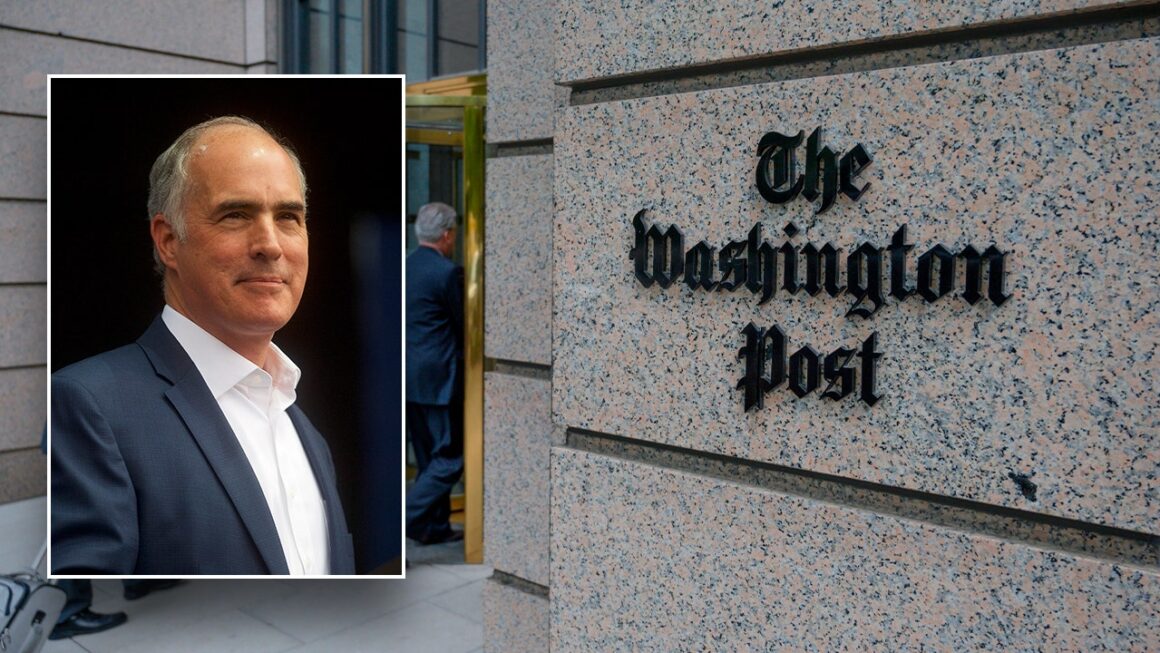Facing criticism amid last year’s scandals, the Supreme Court adopted a code of conduct in November. From the start, one glaring problem with that code was its lack of an enforcement mechanism.
Justice Elena Kagan acknowledged that shortcoming Thursday at a legal conference in California. The Barack Obama appointee noted that rules usually have enforcement mechanisms — and this one doesn’t. She said that it’s hard to figure out who should do the enforcing and how, but that there should be a mechanism. She proposed that the justices shouldn’t do it amongst themselves but that lower federal court judges would probably be the best choice.
How that arrangement would work and what penalties would be available are still open questions. And Kagan is just one voice among nine justices, at least some of whom likely disagree, including, perhaps, the justices at the center of recent controversies: Republican appointees Clarence Thomas and Samuel Alito.
But just like it’s important for President Joe Biden to press court reforms even if they won’t come soon, it’s important for Kagan to inform the public of her preference for accountability, even if her ideas don’t catch on with all the other justices. One of the reforms that Biden reportedly supports is an enforceable code — something that likely wouldn’t pass a Republican-controlled House and that the Republican-majority court might strike down as unconstitutional, anyway.
The court’s composition raises a larger issue in need of reform — whether by term limits, expanding the number of justices or both — something that was also evident from Kagan’s public appearance Thursday. She highlighted the importance of respecting precedent, in the wake of yet another term in which the majority overturned a big one, this time Chevron deference. That decision led to Kagan’s dissent in which she wrote that “a longstanding precedent at the crux of administrative governance thus falls victim to a bald assertion of judicial authority. The majority disdains restraint, and grasps for power.”
Even for something simple, like ethics rules with consequences for violating them, it’s clear that the court will cling to power as long as it can, both in its rulings and operations.
Subscribe to the Deadline: Legal Newsletter for updates and expert analysis on the top legal stories. The newsletter will return to its regular weekly schedule when the Supreme Court’s next term kicks off in October.
![]()











